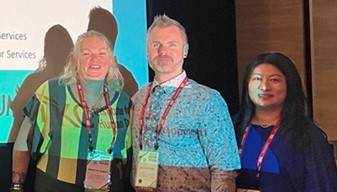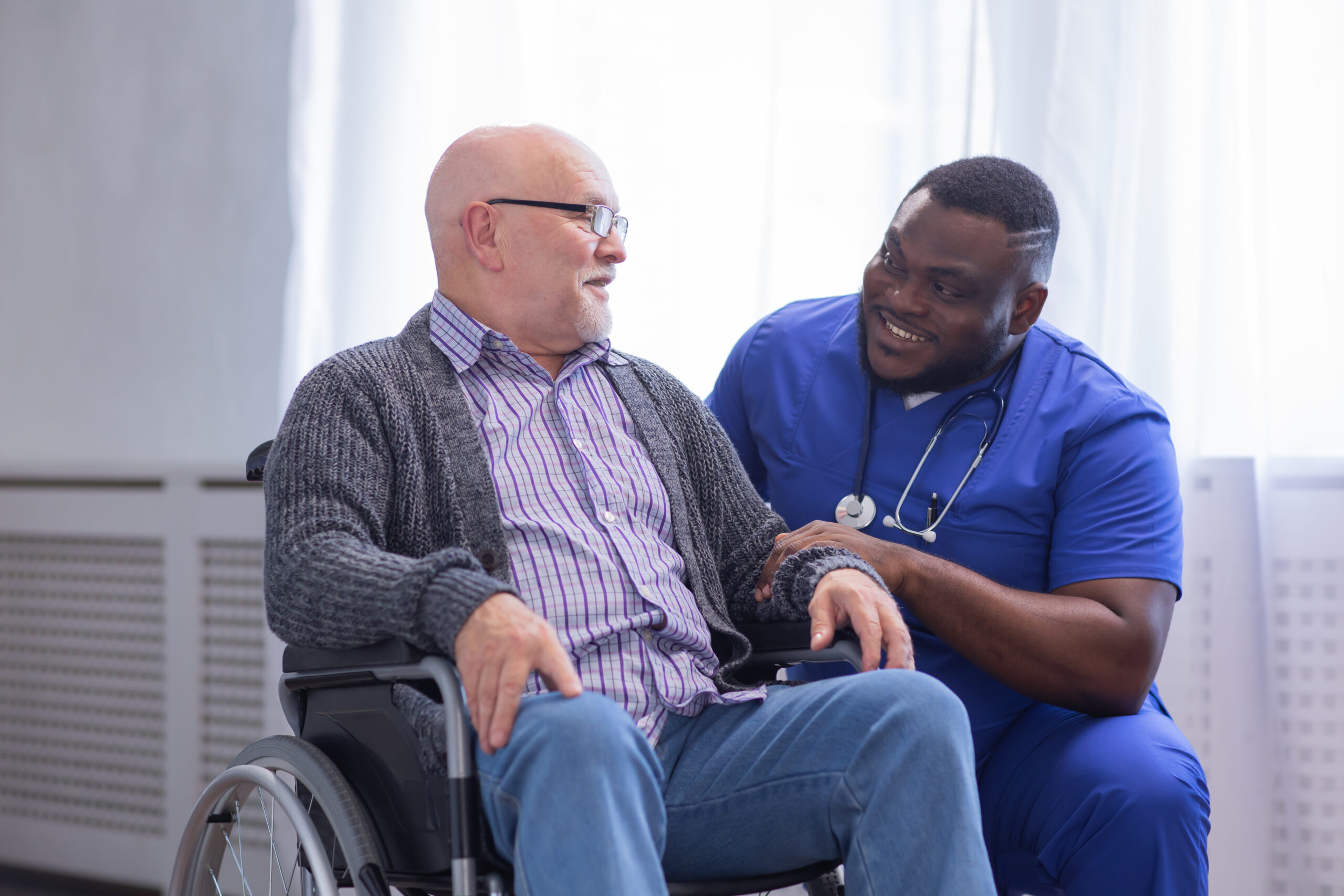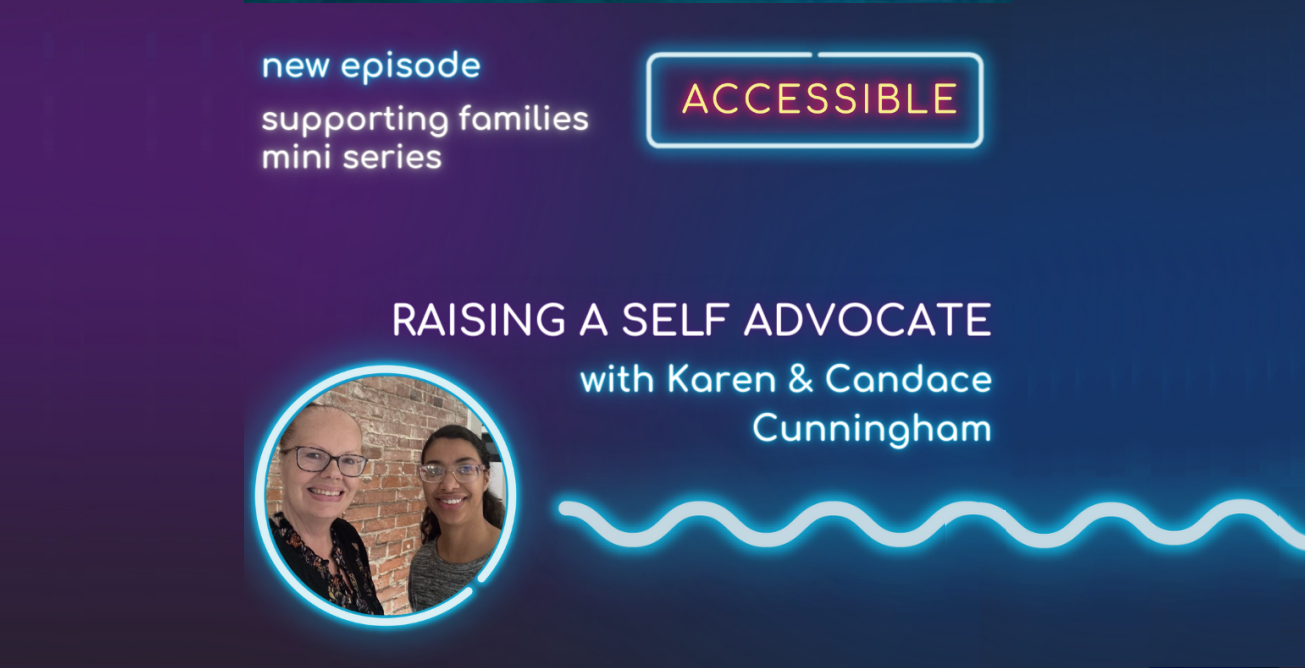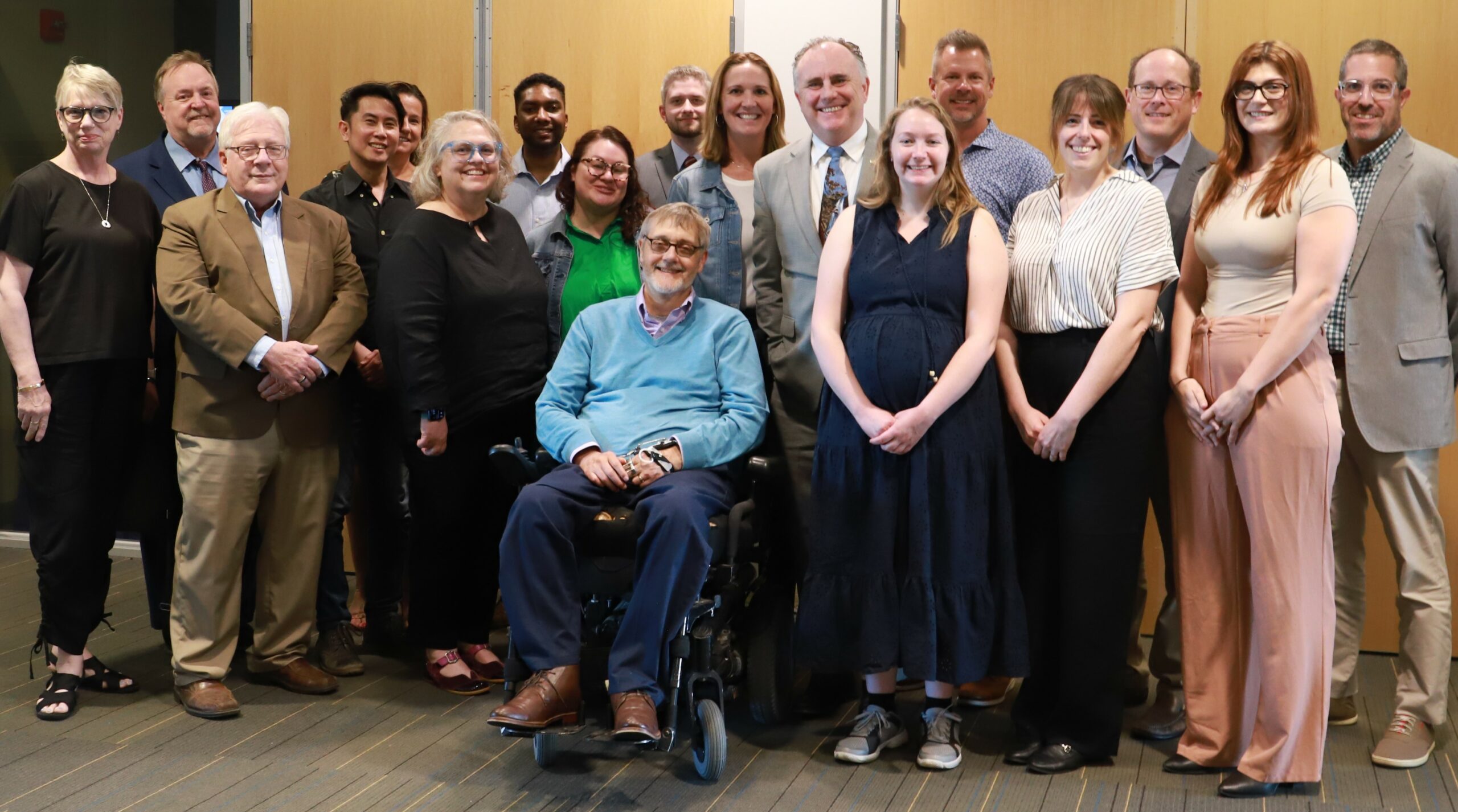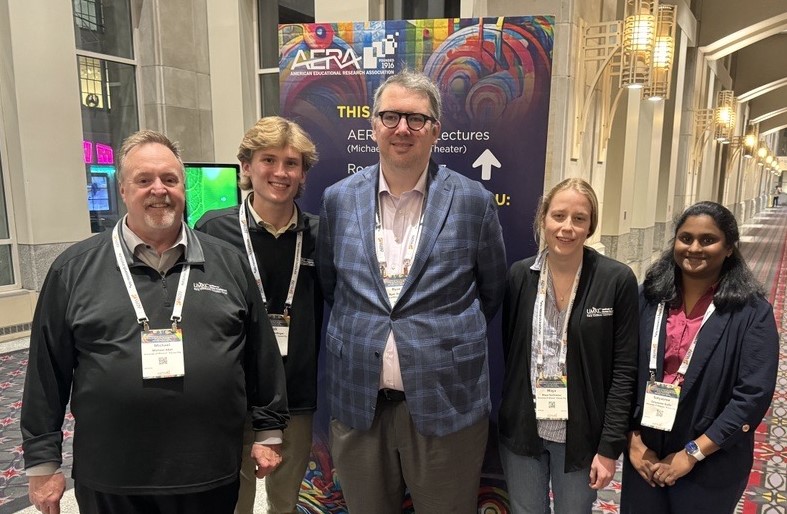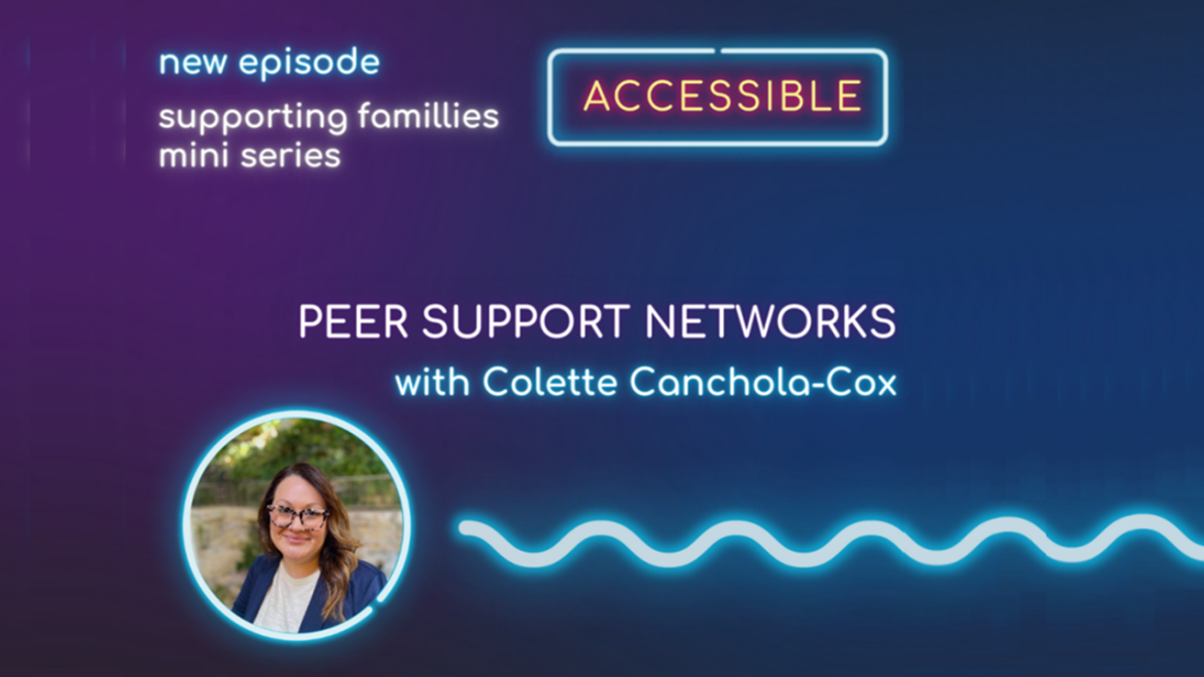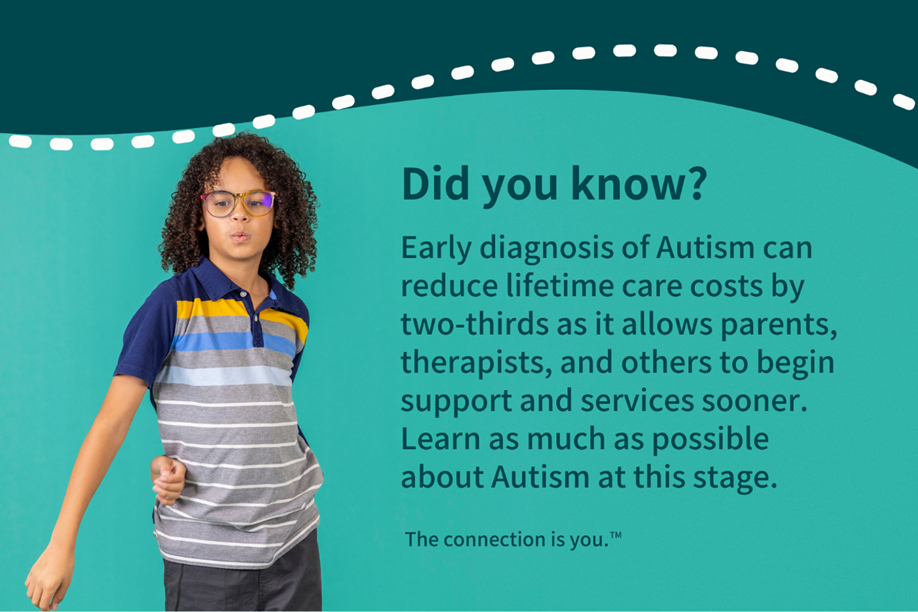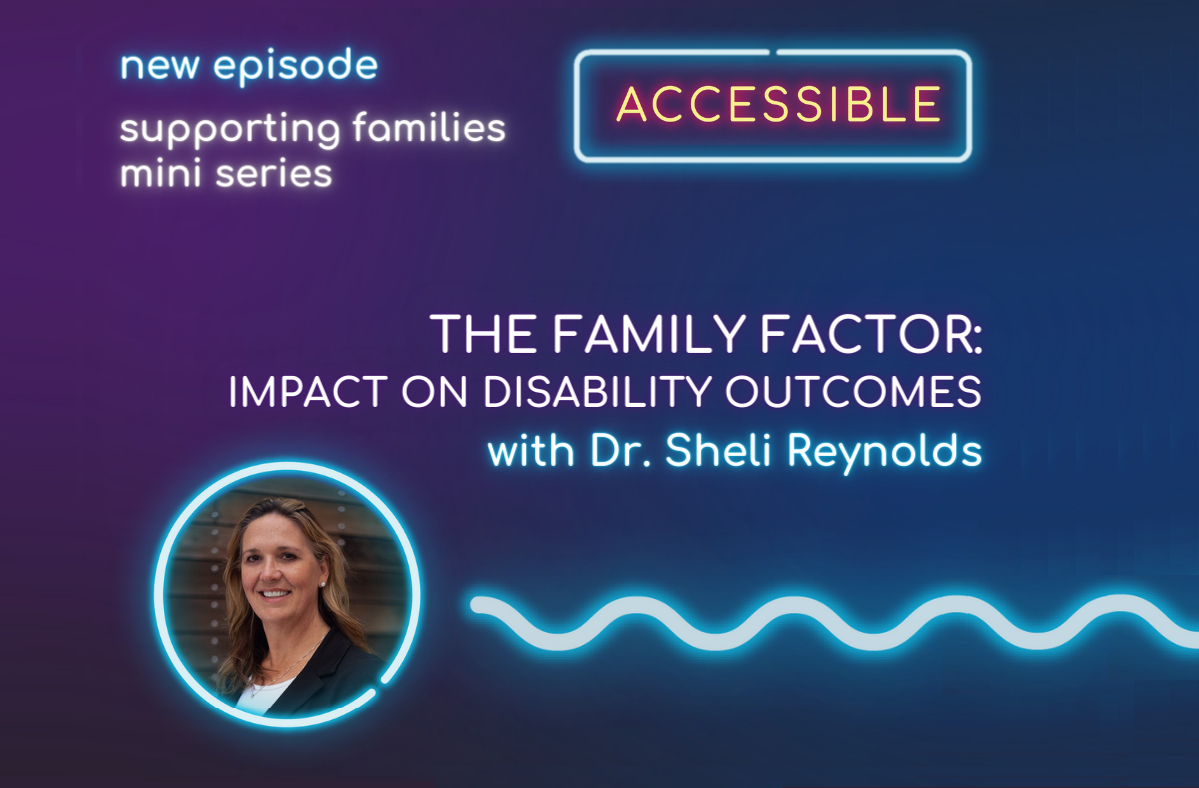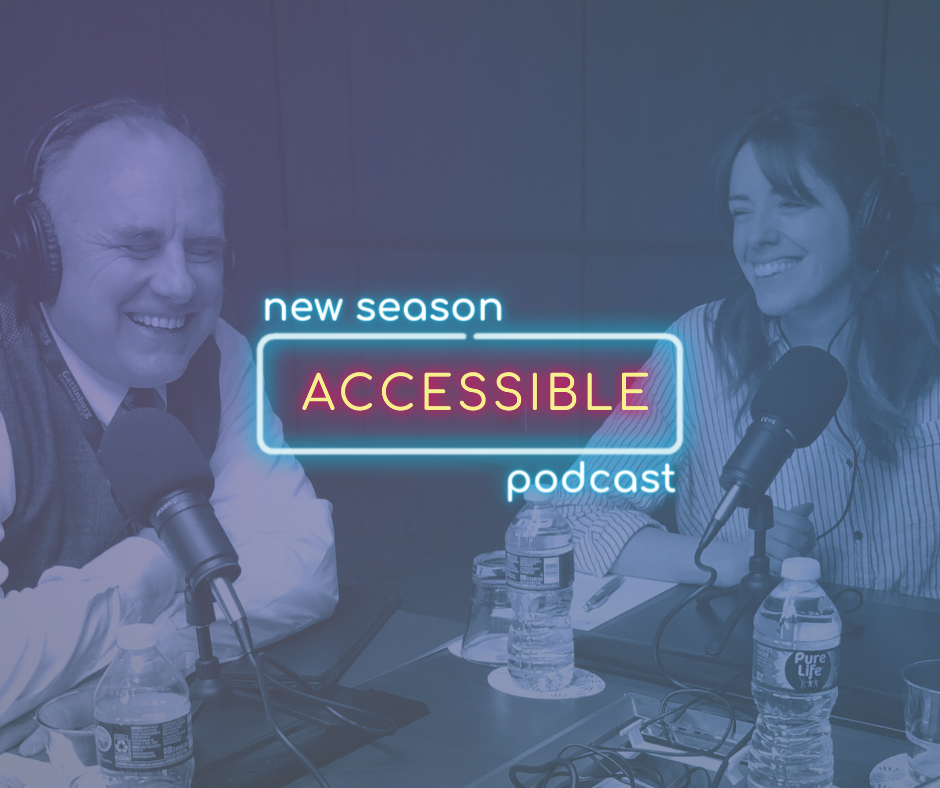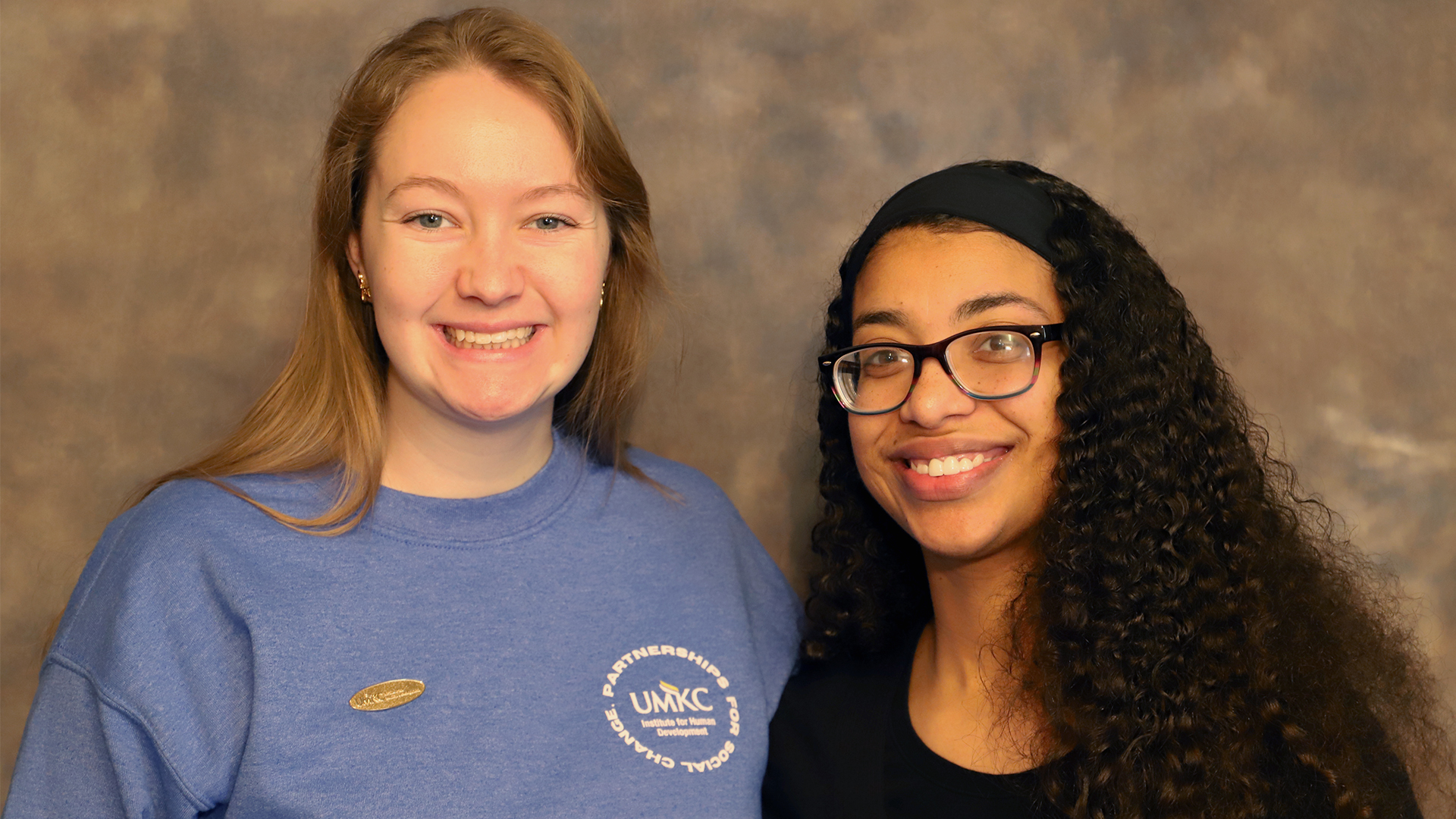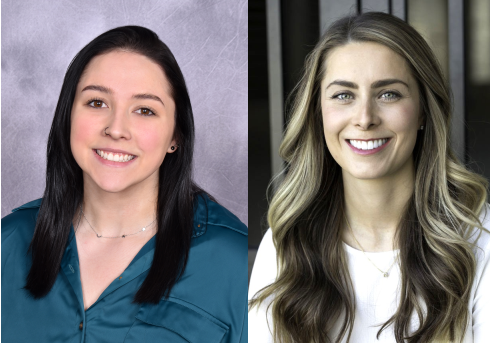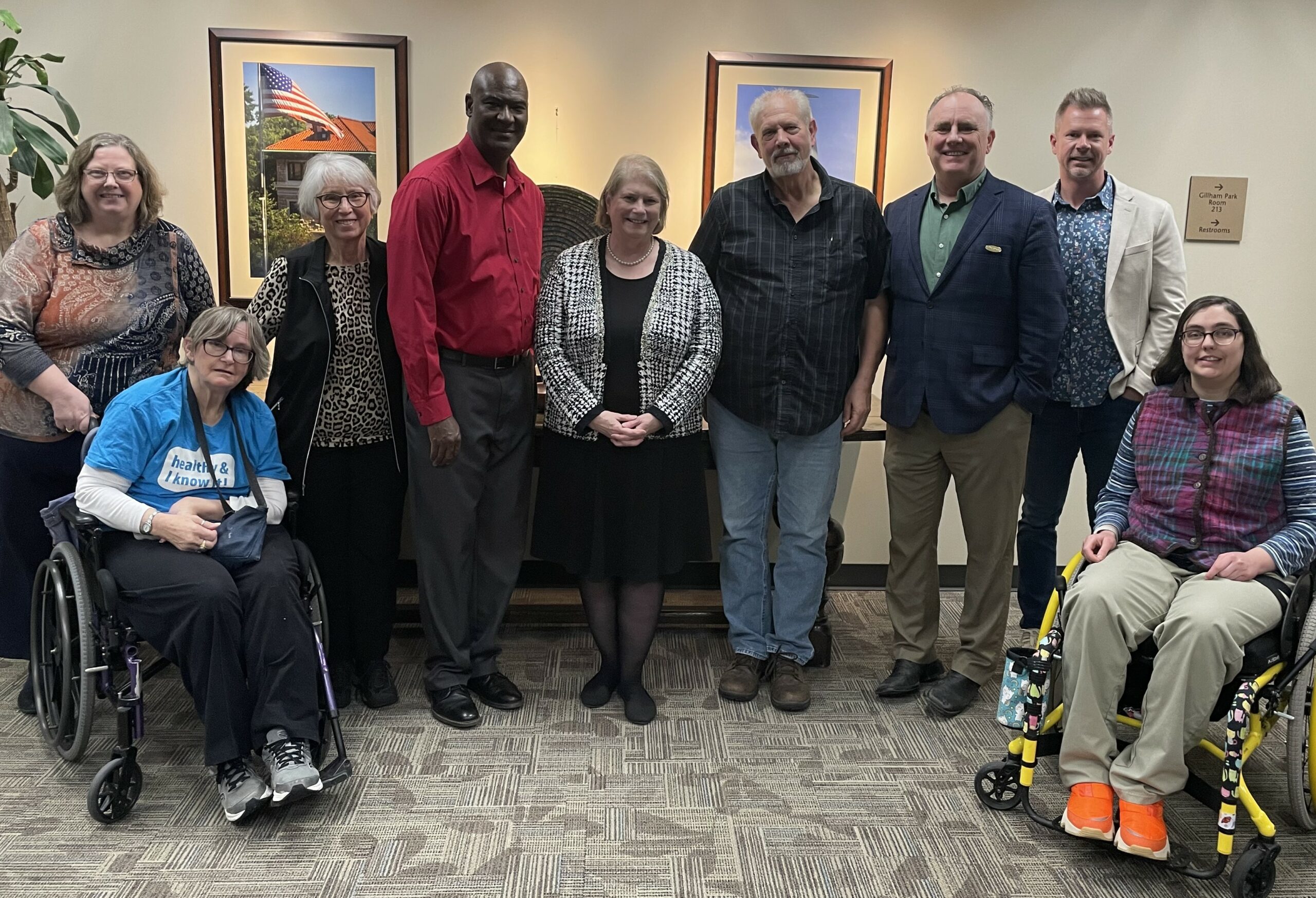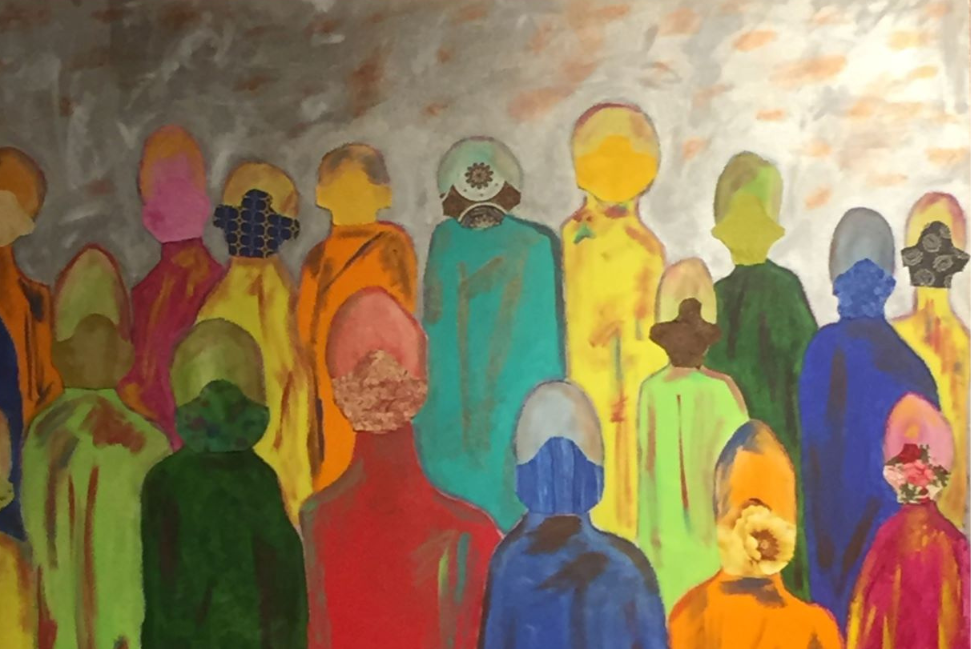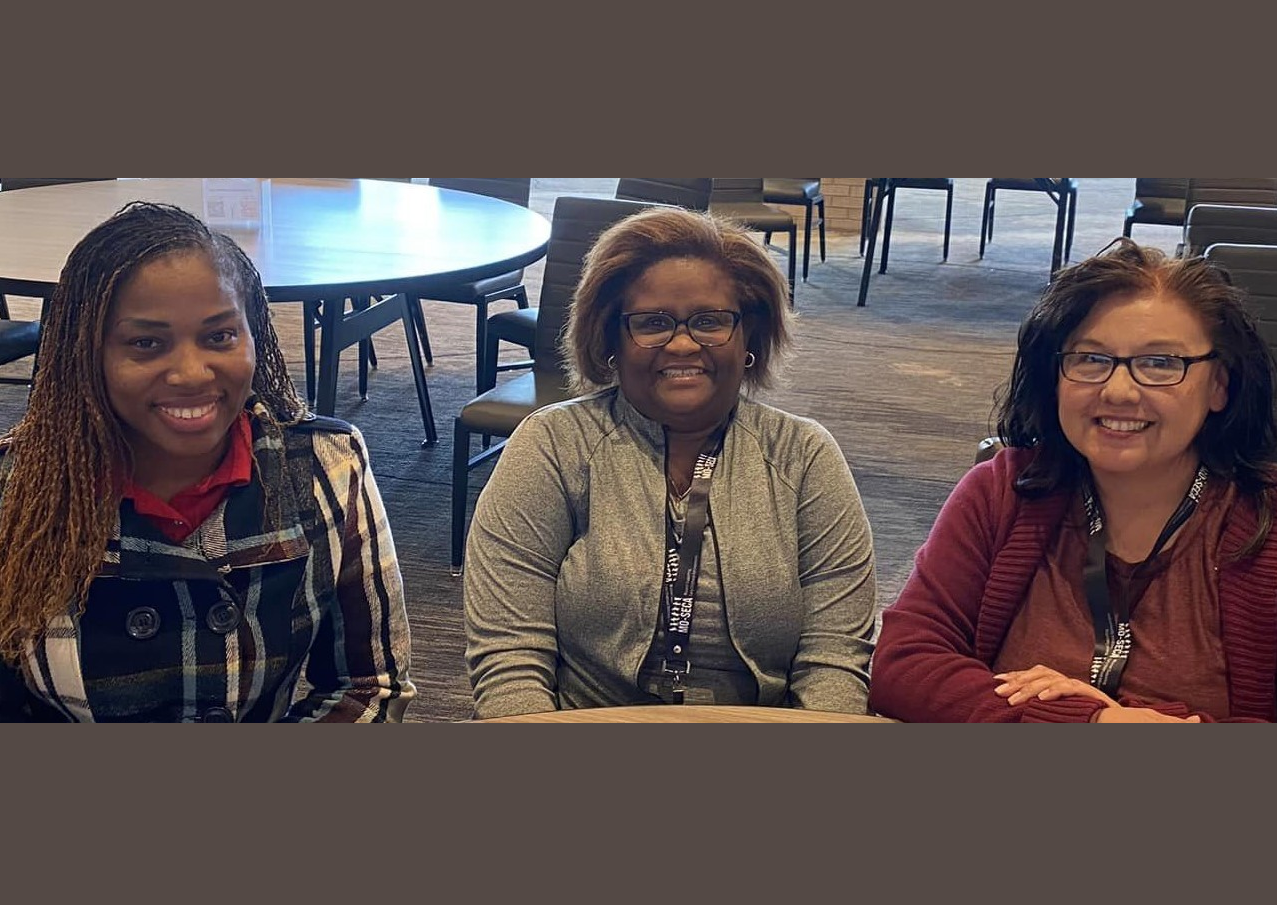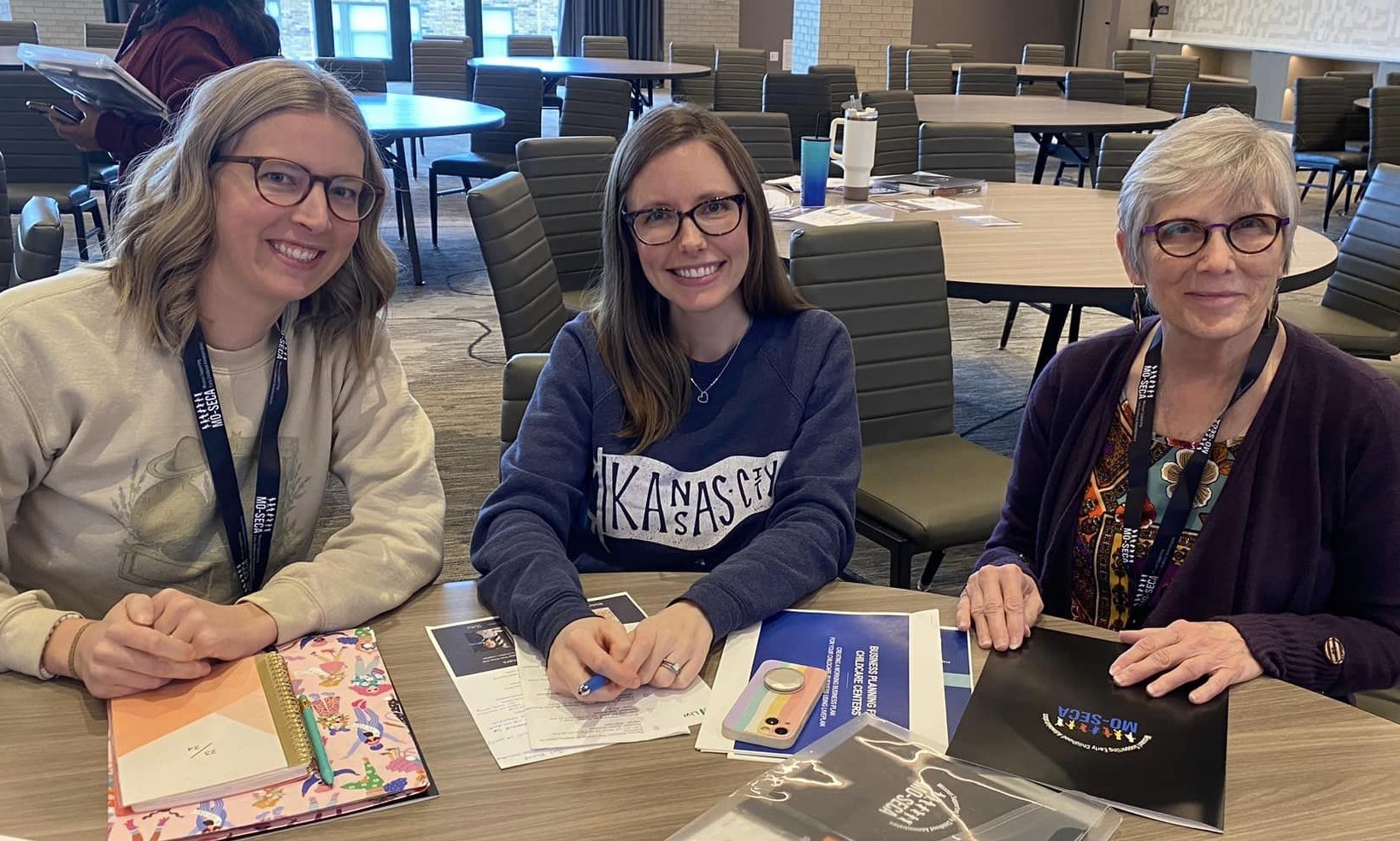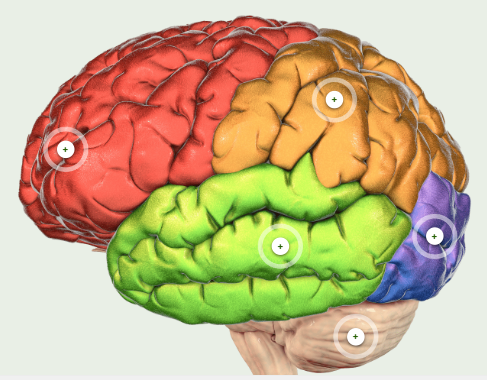Join Gerardo Martinez, director of Intercultural Engagement & Inclusion with the University of Missouri-Kansas City’s Institute of Human Development at Cambio de Colores 2024, June 5-7 in Kansas City! This year’s theme is “Sparking Change, Integration and Deep Connections.”
Martinez will present a special session titled, “Are you Interculturally Intelligent?”, which focuses on learning the different cultural dimensions that exist in every culture.
Martinez will show that, to effectively communicate with other cultures, we must learn and practice four different cultural competencies:
- Drive
- Knowledge
- Strategy
- Action
Discover complete information and register today!
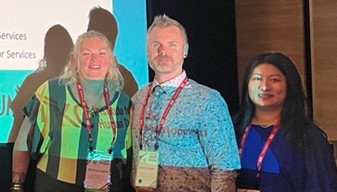
Pictured L-R are Kri Korte (mom with lived experience) and UMKC-IHD Maternal and Child Health team members Bryce Starr and Danielle Chiang, Ph.D.
Two members of the Maternal and Child Health Team at the University of Missouri-Kansas City’s Institute for Human Development recently joined a mother with lived experiences at the Association of Maternal and Child Health Programs’ national conference in Oakland, Ca. Danielle Chiang, Ph.D., Bryce Starr – both from UMKC-IHD – joined Kri Korte, a mom with lived experience, to present a session titled, “Beyond Stories: Integrated Lived Experience to Drive Systems Change.”
The UMKC Institute for Human Development’s Maternal Health Action Network set an example for other states for partnering with those with lived experiences and demonstrated how important it was to include their voices in changing statewide systems.
Chiang also recently presented at the 2024 Missouri Children’s Trauma Network Training Summit in Columbia, Mo., where she discussed how maternal health relates to behavioral health (mental health and substance use) and trauma to both the mother and child. She also included resources and system updates about the Children’s Division and the Prison Nursery Program, and the work with Missouri Maternal Health Action Network.

The Maternal and Child Health Program at the University of Missouri-Kansas City’s Institute for Human Development, as part of its research with the Team for Infants Exposed to Substance Use (TIES) Program, has published an article with the Health & Social Care in the Community Journal. Findings show that home-based family support programs can increase goal attainment because of the therapeutic relationship developed between home visitors who provide support to participants.
The Maternal and Child Health Program is part of UMKC-IHD’s Early Childhood Innovation Center. This particular research aims to improve the health and well-being of the highly vulnerable maternal and child population that has been exposed to substance use disorder (SUD).
Authors include:
• Danielle F. Chiang, Ph.D.
• Stephen Gardner
• Emily Siedlik
• Oneta Templeton
Through Children’s Mercy Hospital in Kansas City, UMKC-IHD’s Maternal and Child Health Program implements the research and evaluation plan for the TIES Program to demonstrate the efficacy of the TIES model to families affected by maternal substance use. TIES is supported by funding from the Health Resources and Services Administration (HRSA) along with other funding sources.
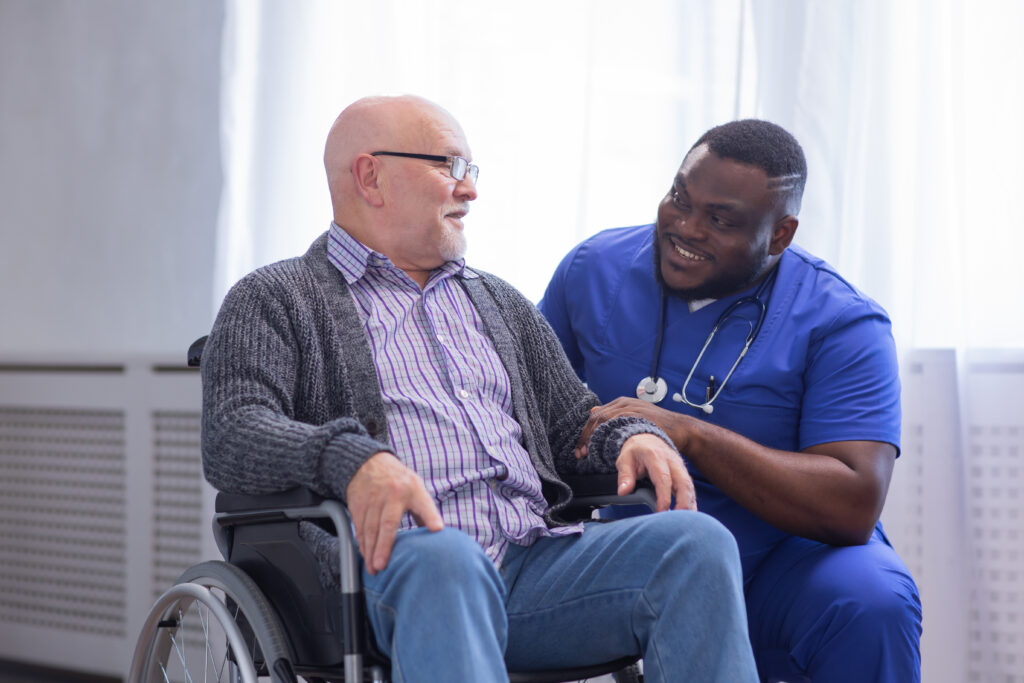
The Missouri Disability and Health Program (MODHP), at the University of Missouri-Kansas City’s Institute for Human Development, is offering two free, online and self-paced Healthcare Provider Responsive Practice Trainings at bit.ly/3UfXtmk.
The trainings offer healthcare providers up to 1.5 Continuing Medical Education (CME) credits for free and an opportunity to develop skills and knowledge to provide quality care to individuals with disabilities.
Healthcare providers will learn best approaches to provide disability-competent, responsive care. The two trainings are:
• Providing Health Care and Screenings to Individuals with Disabilities
• Accessible and Adaptable Communication
The trainings, created by New Hampshire’s Disability and Health Program, were selected in partnership with the 10-State Disability and Health Program Workgroup funded by the Center for Disease Control and Prevention.
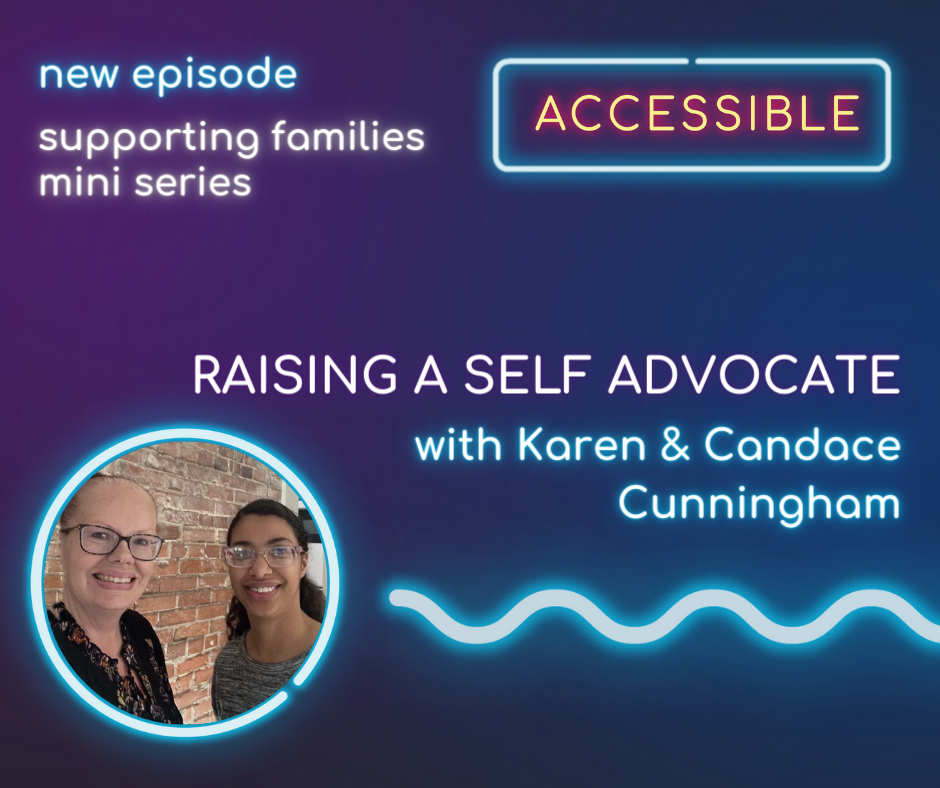
In Season 3 Episode 3 of ACCESSIBLE: The Podcast, Karen and Candace Cunningham, an amazing mother-daughter duo, talk about Karen’s role as mother and Candace’s first advocate. Learn about their journey through diagnosis to transitioning to adulthood. Hear the amazing story about how Karen taught Candace to advocate for herself and get out of her comfort zone.
LISTEN TO THE PODCAST: https://linktree.com/accessiblepod
READ THE TRANSCRIPT: https://bit.ly/3UykYbX
VIEW THE VIDEO: bit.ly/3U9dJFX
Accessible, the podcast that opens the door to disability leaders and their ideas, is hosted by George Gotto, director at the University of Missouri-Kansas City’s Institute for Human Development and Senior Research Assistant Amelia Reighard.
The University of Missouri-Kansas City’s Institute for Human Development (UMKC-IHD) is the federally designated University Center for Excellence in Developmental Disabilities (UCEDD) for the state of Missouri. It is a member of the Association of University Centers on Disabilities (AUCD) and one of 67 UCEDDs located in every state and United States territory. As an applied research and training center for human services at UMKC, the IHD reports to the Office of the Provost and serves as a bridge between the university and community.
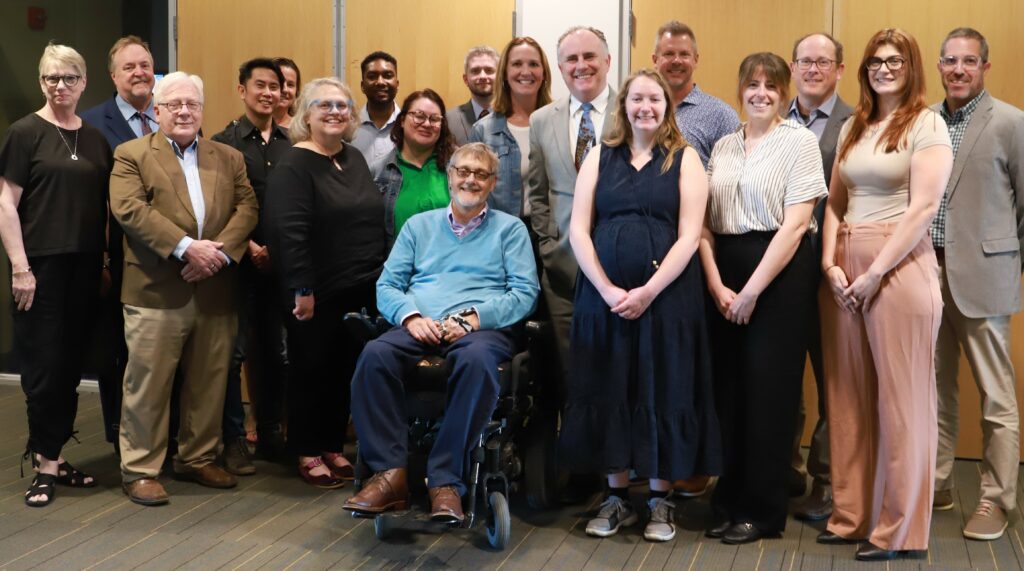
Pictured L-R: Nancy Carter (UMKC-IHD); Michael Abel (UMKC-IHD); John Colombo (KIDDRC); Rodney Samaco (AUCD); Rene Jamison (KU-LEND); Alexis Petri (UMKC-IHD); Chase Mulvaney (AUCD); Colette Canchola-Cox (UMKC-IHD); (front) John Tschida (AUCD); (back) Nathaniel Dare (MO-LEND); Michelle Reynolds (UMKC-IHD); George Gotto (UMKC-IHD); Helene Houston-Reed (UMKC-IHD); Brandon King (UMKC-IHD); Amelia Reighard (UMKC-IHD); Evan Dean (KS-UCEDD); Margeaux Whitehead (AUCD); Matthew Mosconi (KIRRDC).
The University of Missouri-Kansas City’s Institute for Human Development hosted leaders from the Association of University Centers on Disabilities (AUCD) and representatives from Kansas and Missouri for a regional open house. The goal was to explore new opportunities for collaborating on programs, funding, networking and more so each could better serve people with disabilities.
The University of Missouri-Kansas City’s Institute for Human Development (UMKC-IHD) is the federally designated University Center for Excellence in Developmental Disabilities (UCEDD) for the state of Missouri. It is a member of the Association of University Centers on Disabilities (AUCD) and one of 67 UCEDDs located in every state and United States territory.
Along with UMKC-IHD, members from the Kansas LifeSpan Institute (UCEDD), the Kansas Intellectual and Developmental Disabilities Research Center (KIDDRC), and the Missouri and Kansas Leadership Education in Neurodevelopmental and Related Disabilities (LEND) programs discussed:
- Fostering collaboration between the regional partners
- Informing the national AUCD organization on the needs of centers that serve people with disabilities in this part of the country
- Strengthening ties within the UCEDD network to better serve individuals with disabilities
As an applied research and training center for human services, UMKC-IHD reports to the Office of the Provost and serves as a bridge between the university and community.
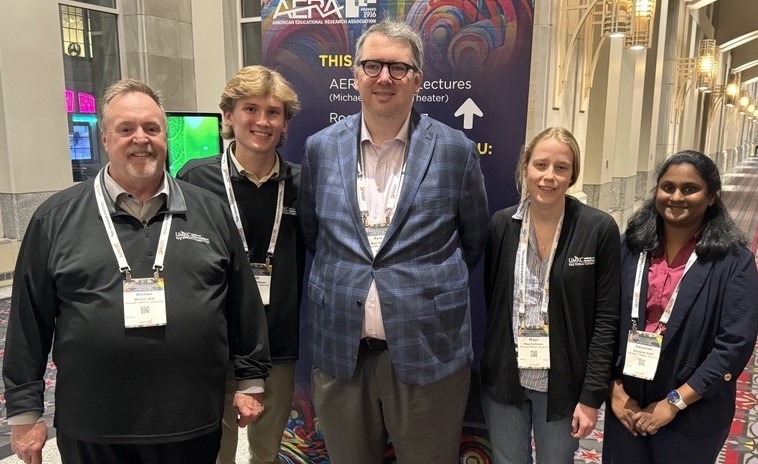
Pictured left to right: Michael Abel, Ph.D., director of the Early Childhood Innovation Center at UMKC’s Institute for Human Development; Nick Bollinger, research assistant; and senior research assistants Ryan Belew, Maya Szafraniec and Satya Golla.
Members of the Early Childhood Innovation Center from the University of Missouri-Kansas City’s Institute for Human Development gathered in Philadelphia as they presented papers on a couple of topics at the American Educational Research Association Conference this week.
Research Assistant Nick Bollinger discussed his paper on “Factors That Predict Staff Turnover in Early Childhood Education Programs.” His research is based on assessment data from a recently launched, robust quality-improvement initiative. It examines various administrative practices in early childhood programs that may affect staff turnover.
Senior Research Assistant Satya Golla presented a paper on The Relationship Between Administrative Program Quality and Organizational Equity in Early Childhood Programs. Her study examines 197 early learning programs that found a positive relationship between administrative program quality and organizational equity.
The University of Missouri-Kansas City’s Institute for Human Development (UMKC-IHD) is the federally designated University Center for Excellence in Developmental Disabilities (UCEDD) for the state of Missouri. It is a member of the Association of University Centers on Disabilities (AUCD) and one of 67 UCEDDs located in every state and United States territory. As an applied research and training center for human services at UMKC, the IHD reports to the Office of the Provost and serves as a bridge between the university and community.
The American Educational Research Association (AERA), a national research society, strives to advance knowledge about education, to encourage scholarly inquiry related to education, and to promote the use of research to improve education and serve the public good.
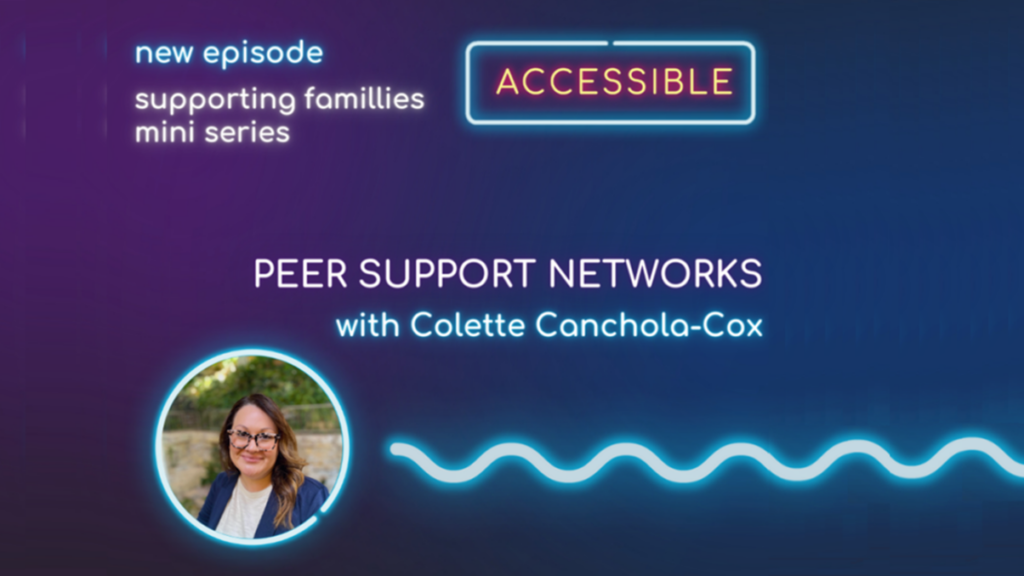
In Season 3 Episode 2, IHD Director George Gotto and Senior Research Assistant Amelia chat with Colette Canchola-Cox, director of UMKC-IHD’s Missouri Family to Family program. Colette talks about the social consequences of a developmental disability diagnosis and how a strong peer support network can have a positive impact.
LISTEN TO THE PODCAST: https://linktr.ee/accessiblepod
READ THE TRANSCRIPT: https://bit.ly/3xvv3x4
Accessible is the podcast that opens the door to hear disability leaders discuss their ideas.
Colette shares her personal experience as a mother of a son with Autism and talks about navigating the developmental disability system. Now, as a professional in the field, she leverages that knowledge to advocate for families in our state.
The University of Missouri-Kansas City’s Institute for Human Development (UMKC-IHD) is the federally designated University Center for Excellence in Developmental Disabilities (UCEDD) for the state of Missouri. It is a member of the Association of University Centers on Disabilities (AUCD) and one of 67 UCEDDs located in every state and United States territory. As an applied research and training center for human services at UMKC, the IHD reports to the Office of the Provost and serves as a bridge between the university and community.
https://mofamilytofamily.org/
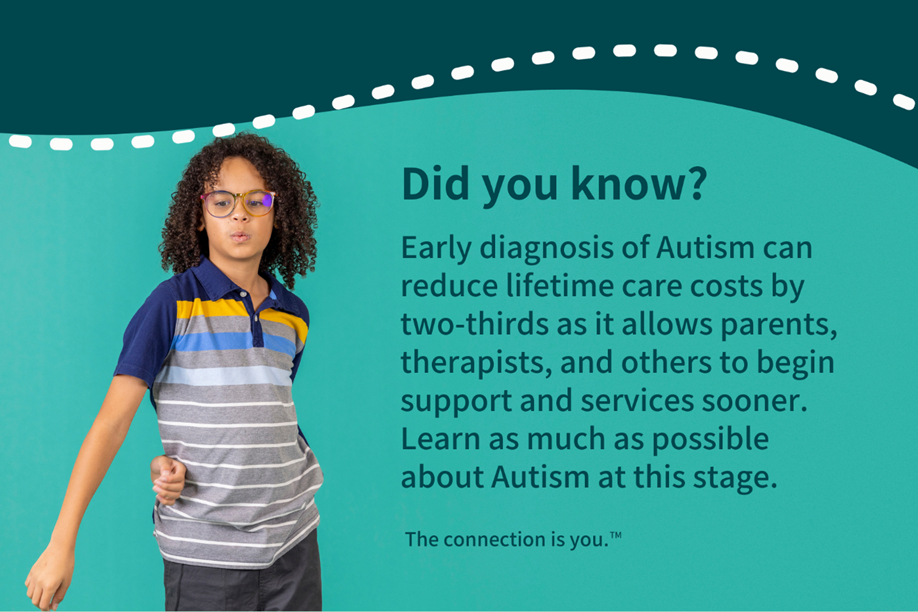
Join the University of Missouri-Kansas City’s Institute for Human Development as we honor the unique perspectives of people living with autism and support children with autism and their families, helping each child reach their full potential.
Foster inclusivity and connectedness while celebrating differences to promote autism acceptance and each individual’s unique abilities!
#UMKCIHD #mof2f #moactionnetwork #AutismAwarenessMonth
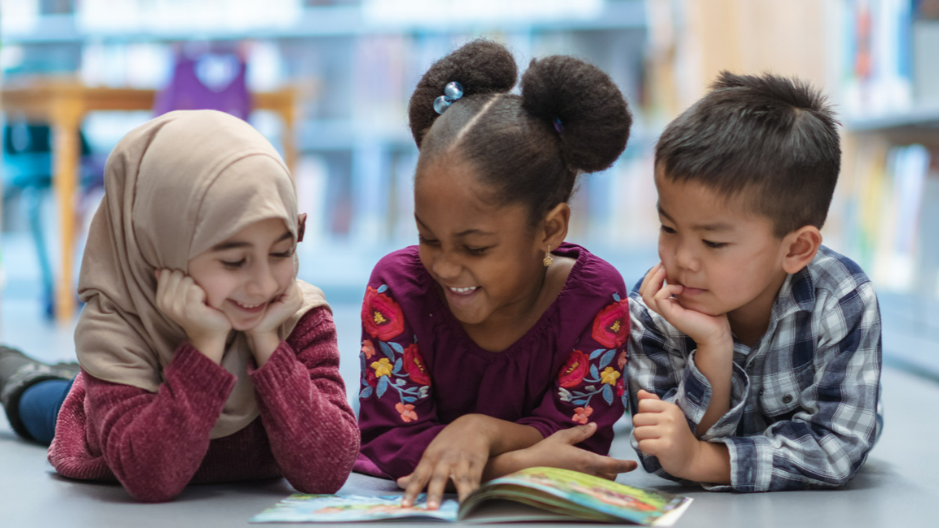
Welcome back to the third season of Accessible!
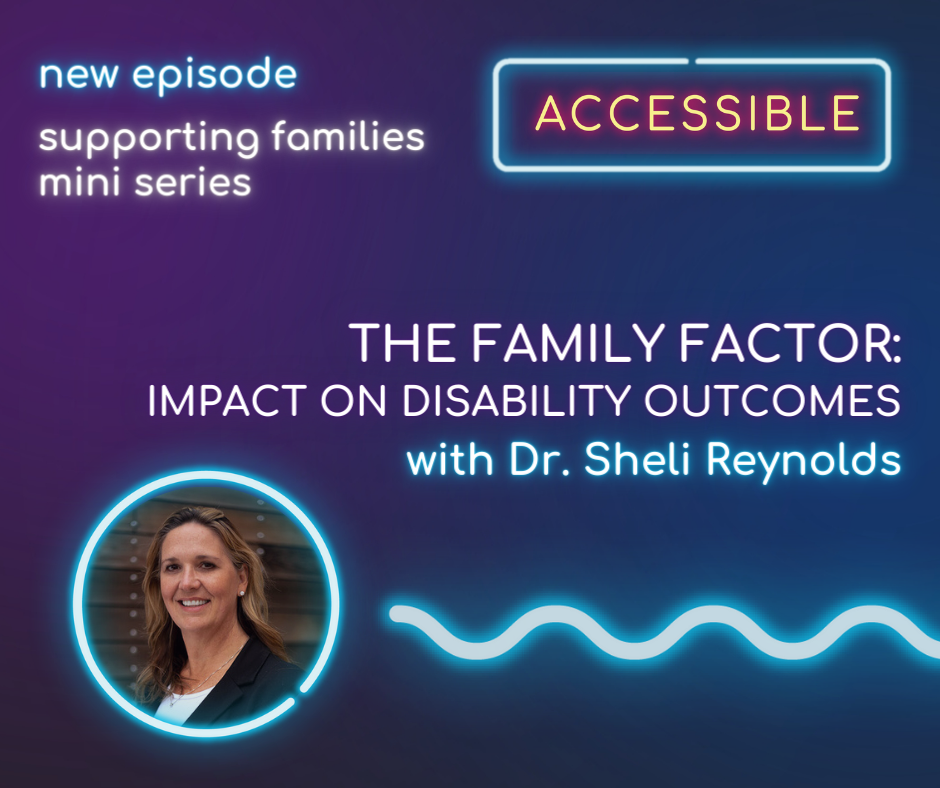
Accessible is the podcast that opens the door to disability leaders and their ideas. Accessible features the Institute of Human Development’s own director, George Gotto, and senior research assistant Amelia Reighard. Accessible features interviews and insights from leaders in the disability field. By listening you can gain knowledge for your own mind, career and professional development. In turn, share these ideas to help others learn from you.
In This Episode
In today’s episode, George and Amelia catch up with Sheli Reynolds, associate director here at UMKC’s Institute for Human Development and director of LifeCourse Nexus. Growing up as a sibling of someone with a disability, Sheli brings a personal perspective to her work in advocacy, systems change, and her development of the LifeCourse Tools framework. This was a fascinating conversation about the landscape of supporting families of individuals with disabilities and how the context of the family is vital in providing care in all areas.
Acronym Guide
- UCEDD – University Center for Excellence in Developmental Disabilities
- LEND – Leadership Education in Neurodevelopmental Disabilities
- HCBS – Home and Community Based Services
Resources in This Episode
- LifeCourse Nexus: https://www.lifecoursetools.com/
- LifeCourse Showcase – April 23-25, 2024 – Kansas City, Missouri: https://www.lifecoursetools.com/events/showcase-2024/
- Missouri Family to Family: https://mofamilytofamily.org/
- People First of Missouri: https://www.missouripeoplefirst.org/
- Community of Practice: Supporting Families Throughout the Lifespan – https://www.nasddds.org/projects/community-of-practice-supporting-families-throughout-the-lifespan/
- To learn more about the Turnbull Family: https://mn.gov/mnddc/ann-turnbull/ann-turnbull-10.html
Accessible is a partnership between the Missouri Leadership Education in Neurodevelopmental Disabilities – or LEND – and the Missouri University Center for Excellence of Developmental Disabilities. LEND’s purpose is to prepare graduate students for future work in the field of developmental disabilities. We hope you enjoy the conversation.
#UMKCIHD #LifeCourseTools #CommunityofPractice #disability #mof2f #supportingfamilies #leadership #AccessiblePod
Michelle Reynolds, senior associate director of the University of Missouri-Kansas City’s Institute for Human Development, talked about her personal experience of having a sibling with developmental disabilities as she spoke to an audience of more than 500 community leaders, social workers and advocates at the University of North Carolina’s Legacy Speaker Series in early March. The event focused on empowering individuals with intellectual or developmental disabilities.
Reynolds is a key developer of the Charting the LifeCourse framework and tools created for individuals and families. It uses plain language and descriptive imagery to describe guiding principles that help people plan, solve problems, manage transitions and explore at each stage of life, such as planning for retirement, managing health care or thriving with an intellectual or developmental disability.
She is a leading advocate for supporting families and self-advocates at a national level and has served on the President’s Committee for People with Intellectual Disabilities for former President Barack Obama.
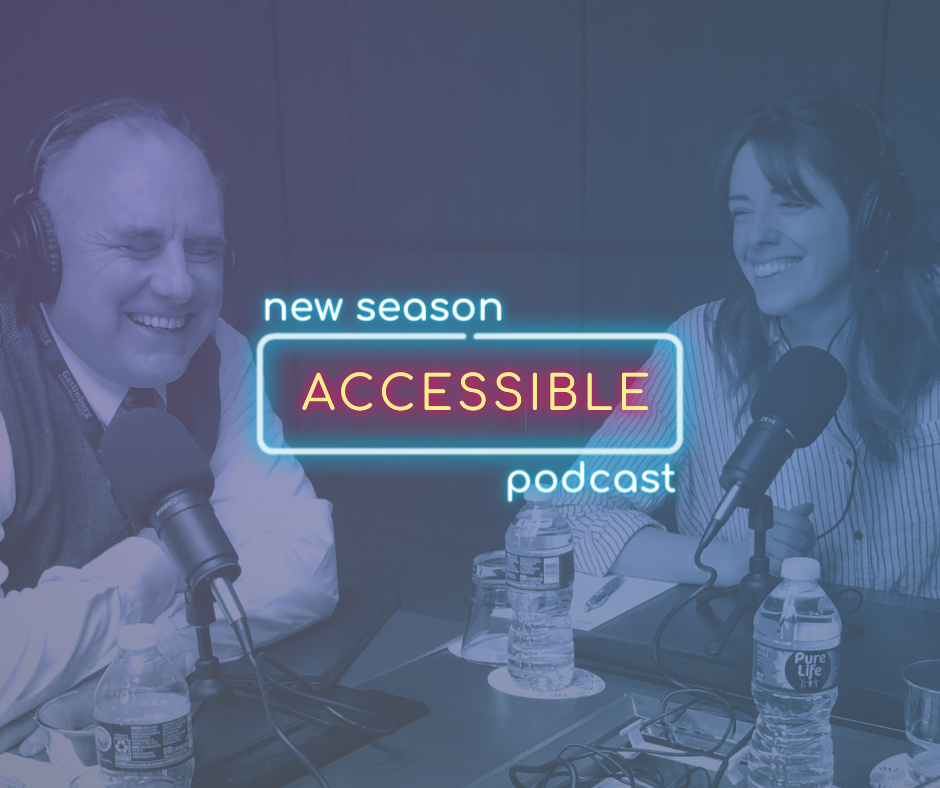
Guess who’s back and better than ever? Accessible – the Podcast – is returning for Season 3, and we couldn’t be more excited!
Get ready to dive into some eye-opening conversations with leaders in the disability field starting next Wednesday, March 27!
FOLLOW ACCESSIBLE NOW wherever you get your podcasts at https://linktr.ee/accessiblepod and catch every new episode as soon as it drops. Plus, for a more visual experience, subscribe to the UMKC-IHD YouTube channel at https://www.youtube.com/@umkcihd, and watch full video episodes of your favorite interviews. Don’t miss out!
#disability #leadership #UMKCIHD #AccessiblePod
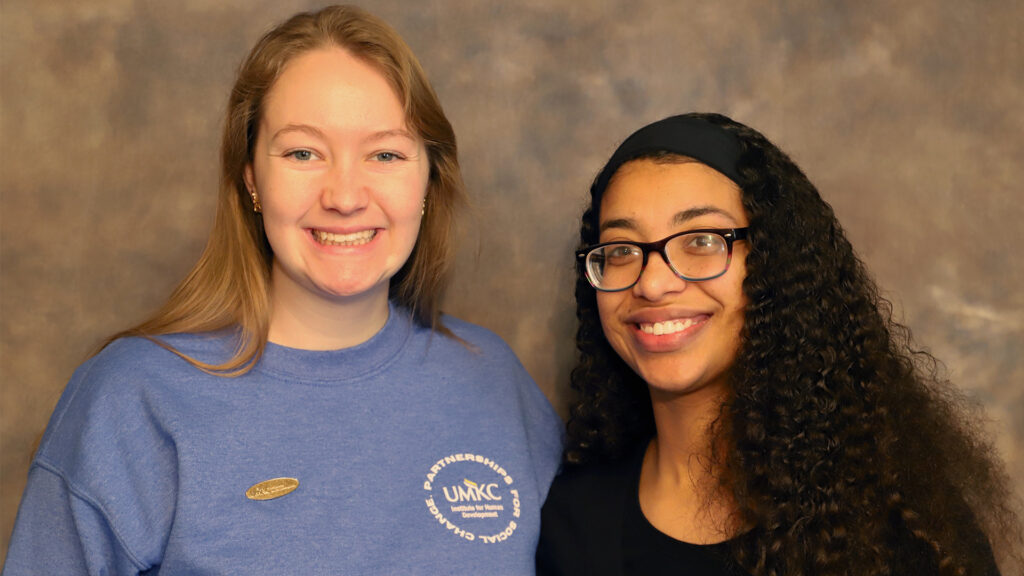
IHD continues its growth with the formation of a new team focused on outreach and increasing IHD’s visibility in the community and across the state. Comprised of Helene Houston-Reed and Candace Cunningham, the dynamic duo will attend events and conferences to build IHD brand awareness, reinforce our reputation and inform and brag about the great things IHD is doing to the people they meet.
Most recently, the pair attended the Blu Valley Special Needs Resources Fair and met with more than 70 individuals – and that was just on their first outing!
The team is targeting about 2-5 events and/or conferences each month.
If you would like IHD to attend an event of yours, send your information and request to Helene Houston-Reed.
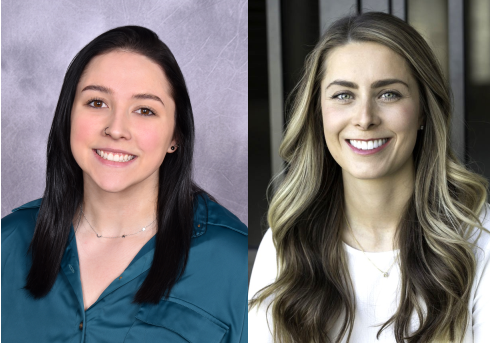
Left to right: Angelina Alpert and Ashley Donham.
The University of Missouri-Kansas City’s Institute for Human Development has taken a giant step in building its Interdisciplinary Leadership in Disability Studies Graduate Certificate program by awarding its first two scholarships to Angelina Alpert and Ashley Donham. Alpert is an employee at the Institute for Human Development.
Funded through a generous grant from The Rehabilitation Institute Foundation here in Kansas City, IHD awarded Alpert and Donham each with the Vivian Shepherd and Merrill Joslin Scholarship for Disability Studies, which covers full ILDS-related tuition costs for two of ILDS students for two semesters. The scholarship required that recipients must already work or plan to work in the disability field and have a grade-point average of 3.0 or higher.
The first recipient, IHD’s own Angelina Alpert, continues to impact policy work and systems change on Sheli Reynold’s team. Her primary project is working on the No Wrong Door Systems contract.
The second recipient, Ashley Donham, works for the Utah Department of Health and Human Services, Office of Substance Use and Mental Health. Donham says she aspires and works toward “improving state systems to compassionately see and more effectively support individuals with mental illness and developmental and intellectual disabilities; these systems include, but are not limited to, physical and behavioral healthcare, child and family services, specialized courts, and corrections.”
Watch these two future leaders as they grow throughout and after their time within the ILDS program.
Learn more about the ILDS Graduate Certificate Program at ILDS@umkc.edu.
Expanding capacity to embrace people with disabilities topped the agenda at The Institute for Human Development’s quarterly Advisory Team meeting in early March at the University of Missouri-Kansas City. As the University Center of Excellence for Developmental Disabilities (UCEDD) for the state of Missouri at UMKC, IHD’s top advisors focused squarely on how to expand the social scope for people with disabilities so interactions develop friends who don’t have disabilities and who do not serve as an individual’s staff.
Challenges to overcome include the fact that many people with disabilities have been segregated for most of their lives, starting at school age. Then, many are moved to sheltered workshops where they make less than minimum wage. Others may be moved from group services to individualized services, which further narrows a person’s social interactions and ability to form healthy friendships with others who may not have disabilities.
Cassie Webb, IHD principal investigator for the Health Equity program, talked about the importance of health equity, where everyone has a fair and just opportunity to attain their highest level of health.
Webb noted that, “Achieving this requires focused and ongoing societal efforts to address historical and contemporary injustices; overcome economic, social and other obstacles to healthcare; and eliminate preventable health disparities.”
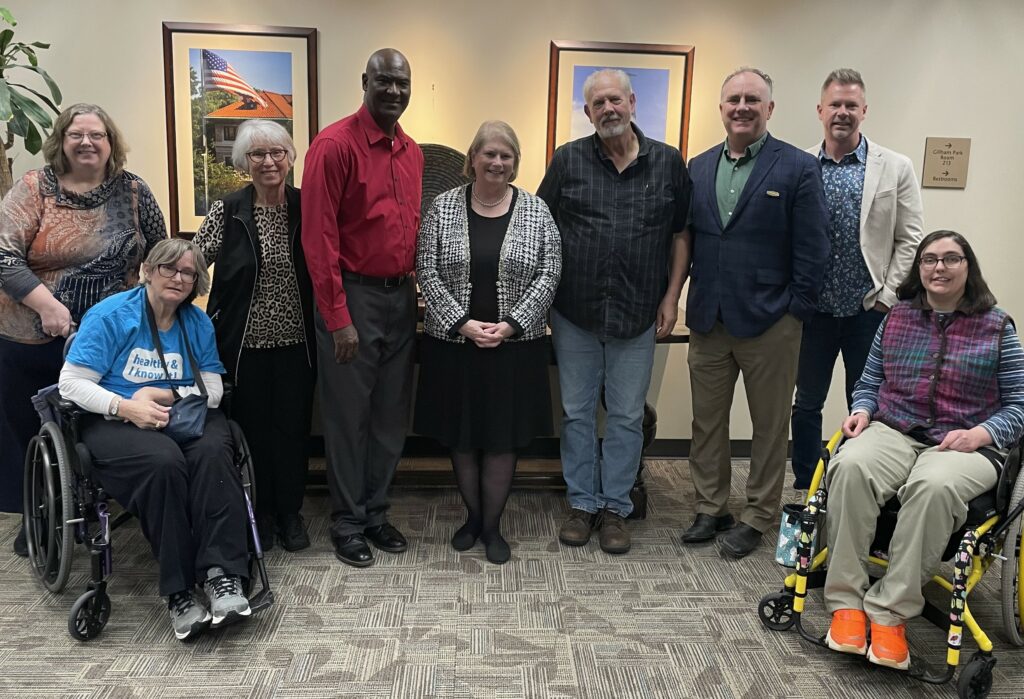
From left to right: Nancy Pennington, executive director, Missouri Association of County Developmental Disabilities Service Boards; Patti Goss, member of People First of Missouri; Sharon Williams, parent; Jeff Johnson, coordinator of Real Voices and Real Choices; Vicki Davidson, retiring director of the Missouri Developmental Disabilities Council (MODDC); Vim Horn, disability advocate, retired; George Gotto, director of the Institute for Human Development at UMKC; Brandon King, director of Operations at IHD, Nicole Noblet, self-advocate.
The University of Missouri-Kansas City’s Institute for Human Development – the University Center of Excellence in Developmental Disabilities for the state of Missouri – joins with the National Association of Councils on Developmental Disabilities in highlighting March as Developmental Disabilities Month.
This year’s theme focuses on “A World of Opportunities” – celebrating people and working together to remove obstacles. UMKC-IHD – just like NACDD – is working to build a community that’s committed to creating a world where everyone can do well and succeed.
Find out more about what UMKC’s Institute for Human Development is doing to support people with disabilities by viewing the News and Events page on our new website: www.ihd.umkc.edu.
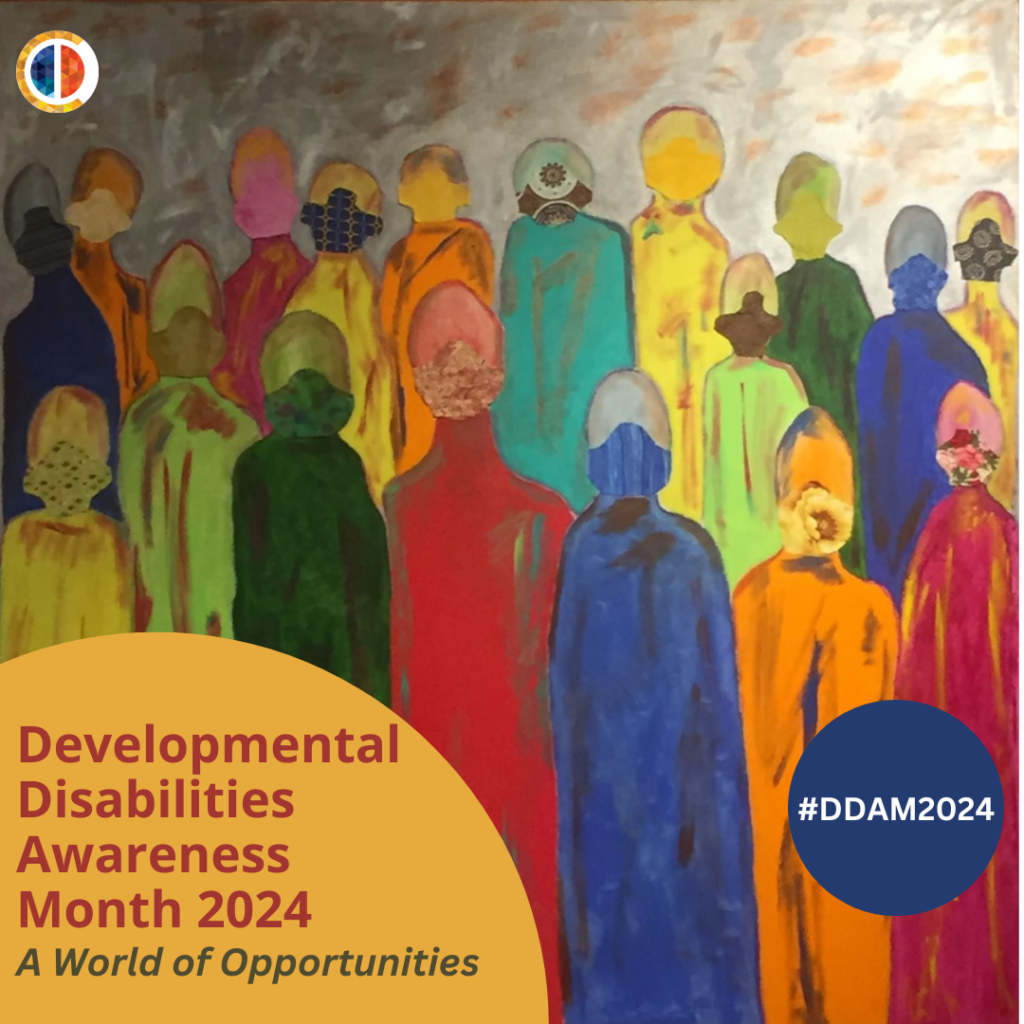
Register today!
- March 9-10 – Lake of the Ozarks
- April 5-6 – Branson
- April 19-20 – St. Louis
- April 26-27 – Rolla
- May 17-18 – Kansas City
- June 7-8 – Kirksville
- June 14-15 – Cape Girardeau
- June 28-29 – St. Joseph
You Support Your Team, Let Us Support You!
Missouri Supporting Early Childhood Administrators (MO-SECA) provides early childhood administrators across the state with the knowledge, skills and connections they need to effectively lead and operate sustainable, quality programs.
Program participants receive a stipend for participation, clock hours for state licensure requirements, free resources, subscriptions and more.
The Leadership Academy
Leadership Academy will inspire early childhood program administrators – directors, coordinators, and family childcare owner/operators – to consider the future of their programs and provide them with the skills and tools to motivate others. Leadership requires “forward, big picture thinking,” which can be challenging when you are putting out the daily fires that overwhelm you. These refreshing training sessions will encourage you to reflect on your program and consider new ways to lead. Connect with other leaders to learn from their experiences and share what is working for you!
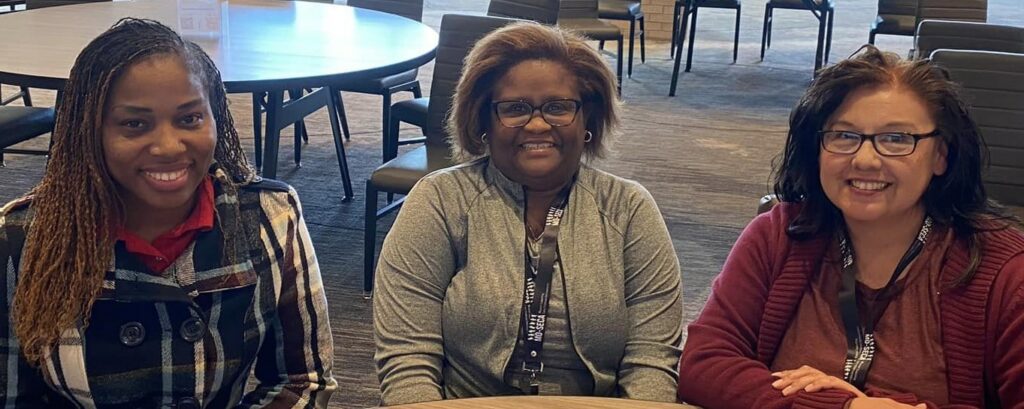
Register today!
- March 15-16 – Rolla
- March 22-23 – St. Louis
- April 12-13 – Maryville
- May 3-4 – Columbia
- May 31-June 1 – Springfield
- June 21-22 – Kirksville
- July 12-13 – Cape Girardeau
You Support Your Team, Let Us Support You!
Missouri Supporting Early Childhood Administrators (MO-SECA) provides early childhood administrators across the state with the knowledge, skills and connections they need to effectively lead and operate sustainable, quality programs.
Program participants receive a stipend for participation, clock hours for state licensure requirements, free resources, subscriptions and more.
The Business Academy
Business Academy offers valuable tools for improving the management of your program. Whether you are a director, coordinator, or family childcare owner/operator, you will find valuable tools for running an early childhood business and gain skills to use them effectively. Join us for these encouraging sessions, pick up some gems that will make your work life better, and drive change in your program to make it more efficient and effective. Rub shoulders with other program leaders to learn from their experiences and share what is working for you.
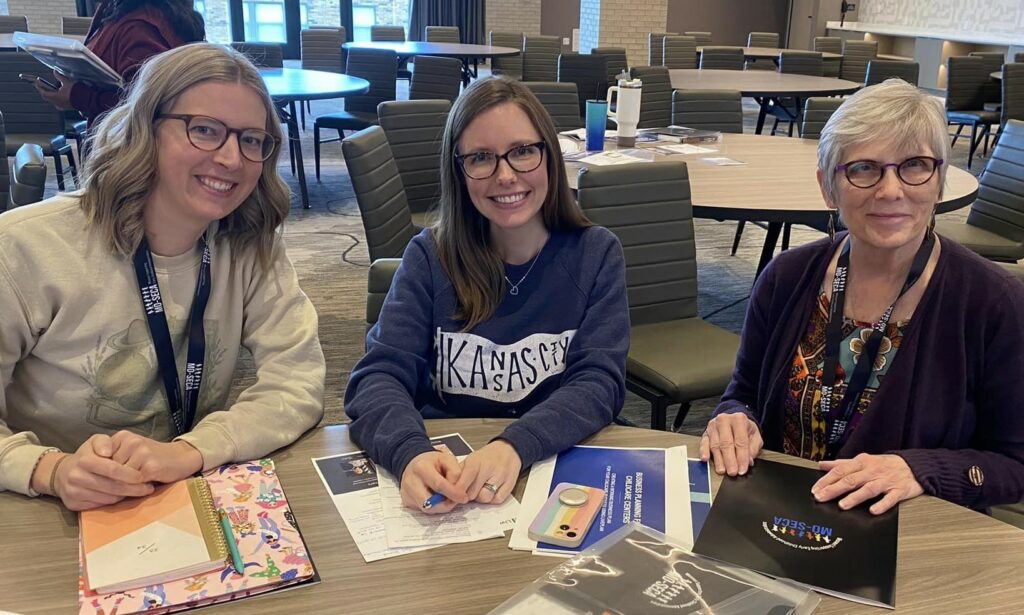
Sports injuries, car accidents, violence or even simple falls may cause a traumatic brain injury. Know the symptoms.
The University of Missouri-Kansas City’s Institute for Human Development, the University Center for Excellence in Developmental Disabilities for the state of Missouri at www.ihd.umkc.edu has just launched a NEW FREE TRAINING available at https://bit.ly/3SGbUzn to raise awareness of traumatic brain injuries – or TBIs.
This training highlights symptoms, treatments and provides prevention strategies.
Developed as an annual training requirement for Missouri Department of Health and Senior Services providers and direct care staff, the training can benefit a greater audience as brain injuries can often go undiagnosed as brain injuries occur more often than you might think. Certainly, every brain injury is different in terms of symptoms, affected areas of the brain and the outcome.
“Anyone can get a traumatic brain injury, certainly no one is immune,” according to Eric Hart, Pys.D., ABPP-CN, Board Certified Clinical Neuropsychologist, University of Missouri Healthcare. “It’s one of the more common neurological conditions that can and does occur across the lifespan.”
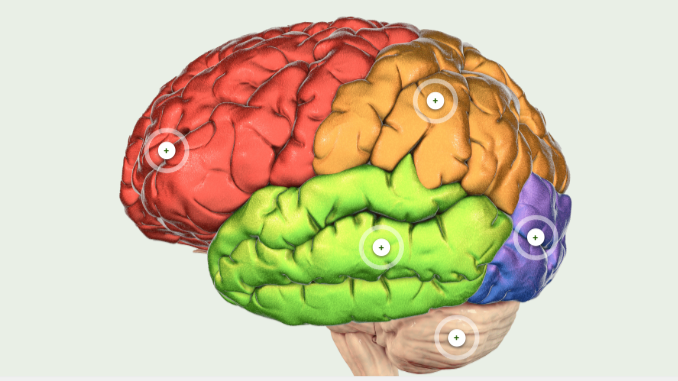
For individuals, families and health care providers, the FREE training serves as a convenient resource for anyone wanting a basic overview or refresher course.
The training features four modules:
- Brain Injury Basics
- Specific Populations (Youth, Aging, Rural)
- Treatments
- Special Topics (Employment, Community Access, etc.)
Symptoms may mimic other health issues, but generally fall into one of three categories:
- Cognitive
- Physical
- Behavioral/Emotional
General preventive strategies include:
- Using helmets and car seats properly
- Preventing falls
- Limiting alcohol and/or illicit drugs
“The best thing that we can do for kids regarding brain injury is to prevent them,” noted Dr. Jane Emerson, Professor of Clinical Medicine and Rehabilitation at Rusk Rehabilitation Hospital. “It’s much easier for you as parents and teachers to prevent a head injury than for me to treat one.”
Take the FREE training today!
The Early Childhood Innovation Center at the University of Missouri-Kansas City’s Institute for Human Development is recruiting early childhood administrators for free training in 2024.
The Missouri Supporting Early Childhood Administrators (MO-SECA) program provides early childhood administrators across Missouri with knowledge, skills, and connections to lead and operate sustainable, quality programs.
If you run an early childhood program – a family-owned, small or large-sized program – sign-up now and receive free group training, free one-on-one coaching and free business development tools and resources.
Hear ECIC Director Mike Abel, Ph.D., talk about the training and how it can help early childhood administrators like you manage your businesses better.
To learn more, visit MO-SECA.
